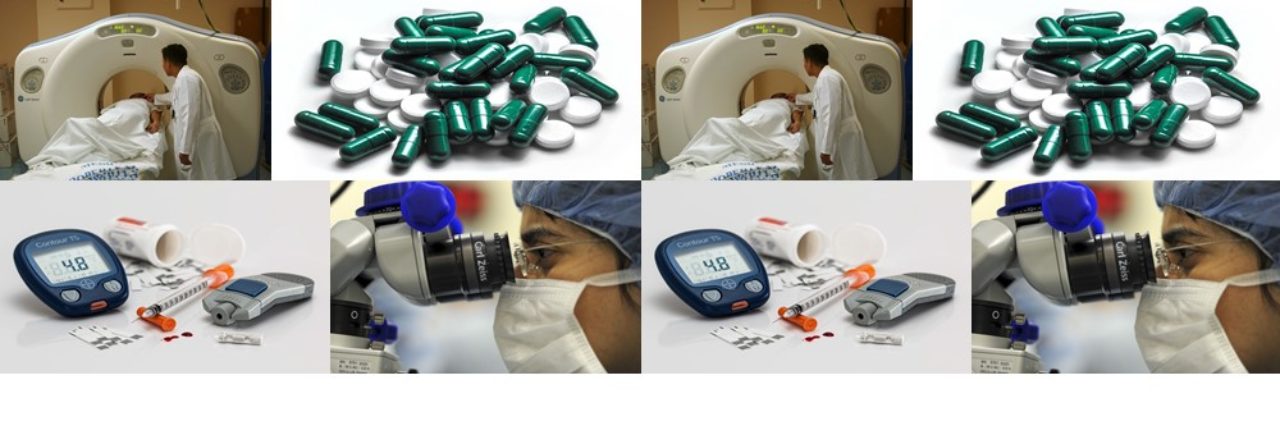Teachable Medical News article 11182018
This article was written by Mallory Griggs.
Does a mother sucking on a baby’s pacifier to clean it really prevent allergies in children?
The news item:
A mother sucking on a baby’s pacifier to clean it has a potential of reducing the odds of a child obtaining an allergy was reported by the Science Daily web site:
Sucking your baby’s pacifier to clean it may prevent allergies
New research suggests a link between parental sucking on a pacifier and a lower allergic response among young children.
The article states that: “We found that parental pacifier sucking was linked to suppressed IgE levels beginning around 10 months, and continued through 18 months,” says allergist Edward Zoratti, MD, ACAAI member and co-author of the study. “Further research is needed, but we believe the effect may be due to the transfer of health-promoting microbes from the parent’s mouth. It is unclear whether the lower IgE production seen among these children continues into later years. We know that exposure to certain microorganisms early in life stimulates development of the immune system and may protect against allergic diseases later,” says Dr. Abou-Jaoude. “Parental pacifier sucking may be an example of a way parents may transfer healthy microorganisms to their young children. Our study indicates an association between parents who suck on their child’s pacifier and children with lower IgE levels but does not necessarily mean that pacifier sucking causes lower IgE.”
So, Why Do I Care??
If a mother cleans off a child’s pacifier before putting it in the child’s mouth, then it could help lower the risks of a child obtaining an allergy to something. There is a correlation between a mother sucking on her child’s pacifier and a lower rate of an Immunoglobulin E (IgE) levels in the child. IgE is important because is the type of antibody related to allergic responses in the human body. Higher level of IgE results in the development of allergies or allergic asthma. The microorganisms in the mother’s saliva does help develop the immune system in early life in children and possibly protect against allergies. About 50% of school children report that they have at least one or more allergies worldwide.
Plain English, Please!!
First, let’s talk about the allergy response of our body. Some agents from the environment (pollen, cat dandruff, bee stings, molecules from peanut) make our bodies to reject that agent in a reaction we call allergic reaction. This is different from the immune reaction!! The rejection happens through sneezing, coughing, tears, and mucus formation. An overreaction to allergy causing agents can cause life threatening conditions. So proper training of the allergy response of the body can be very beneficial. A mother’s spit can contain bacteria and viruses which are called microorganisms. A mother transferring these to her child can help boost the child’s immune system and also how to deal with allergy causing agents.
When you post an awesome photo on Instagram where a basketball player makes a basket while doing a backflip, you’ll get many likes on the first day you post. If you re-post the same photo a week later you’ll get very few likes. Similarly, when an allergy causing agent enters the body it gets a big reaction as the body makes lots of this allergy-alert molecule called immunoglobulin E or IgE. Lots of IgE can be very bad because it causes sneezing, coughing and breathing problems. When the same agent enters the body a week later the body is giving less of an alert, meaning that the body makes much less IgE. So, giving the baby a little bit of allergy causing agents in the mother’s saliva, prepares the baby’s body to make very little IgE the next time the agent gets into the body. This way the baby’s respiratory system will not overreact and avoid the bad health effects.

Leave a Reply